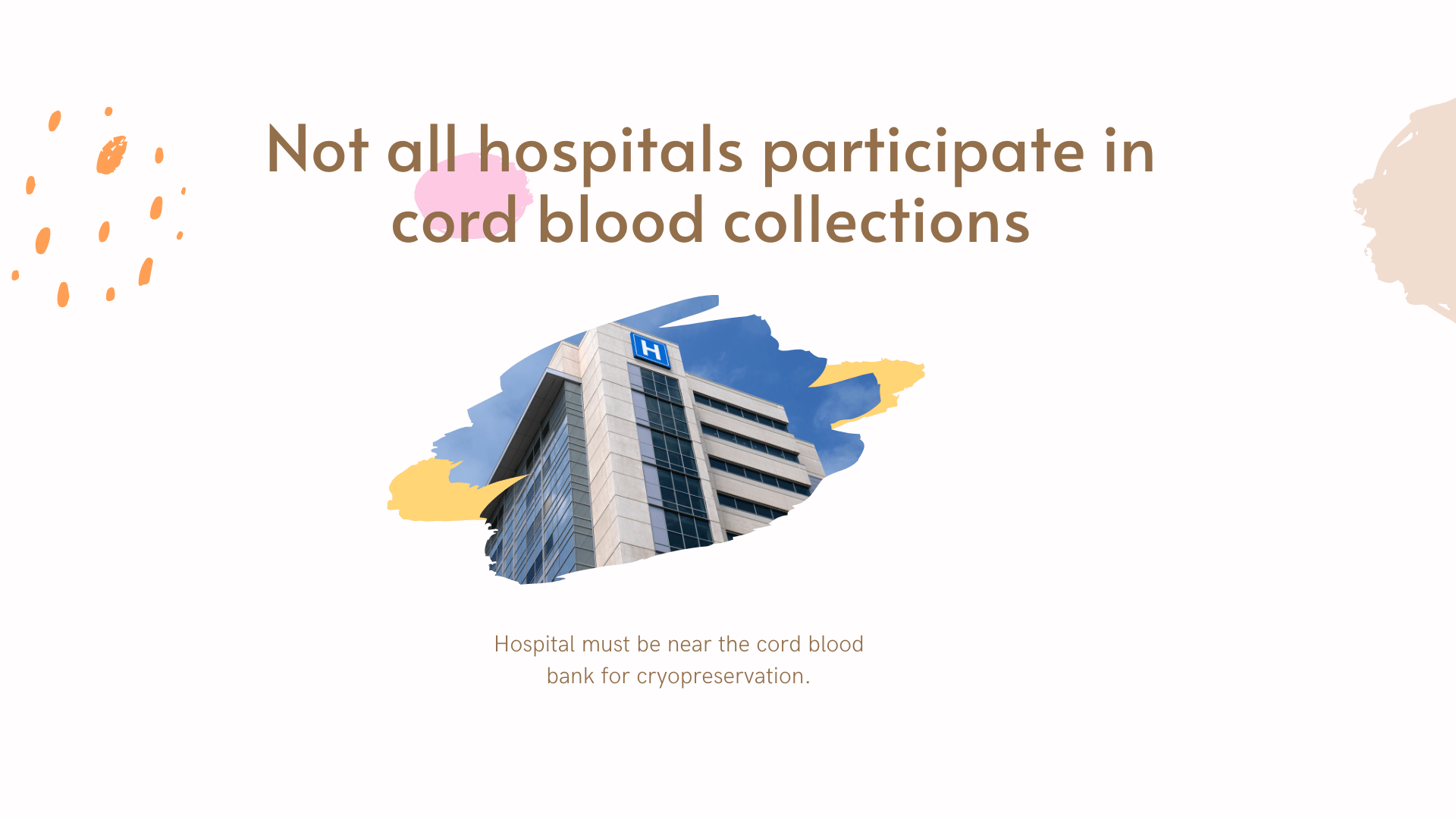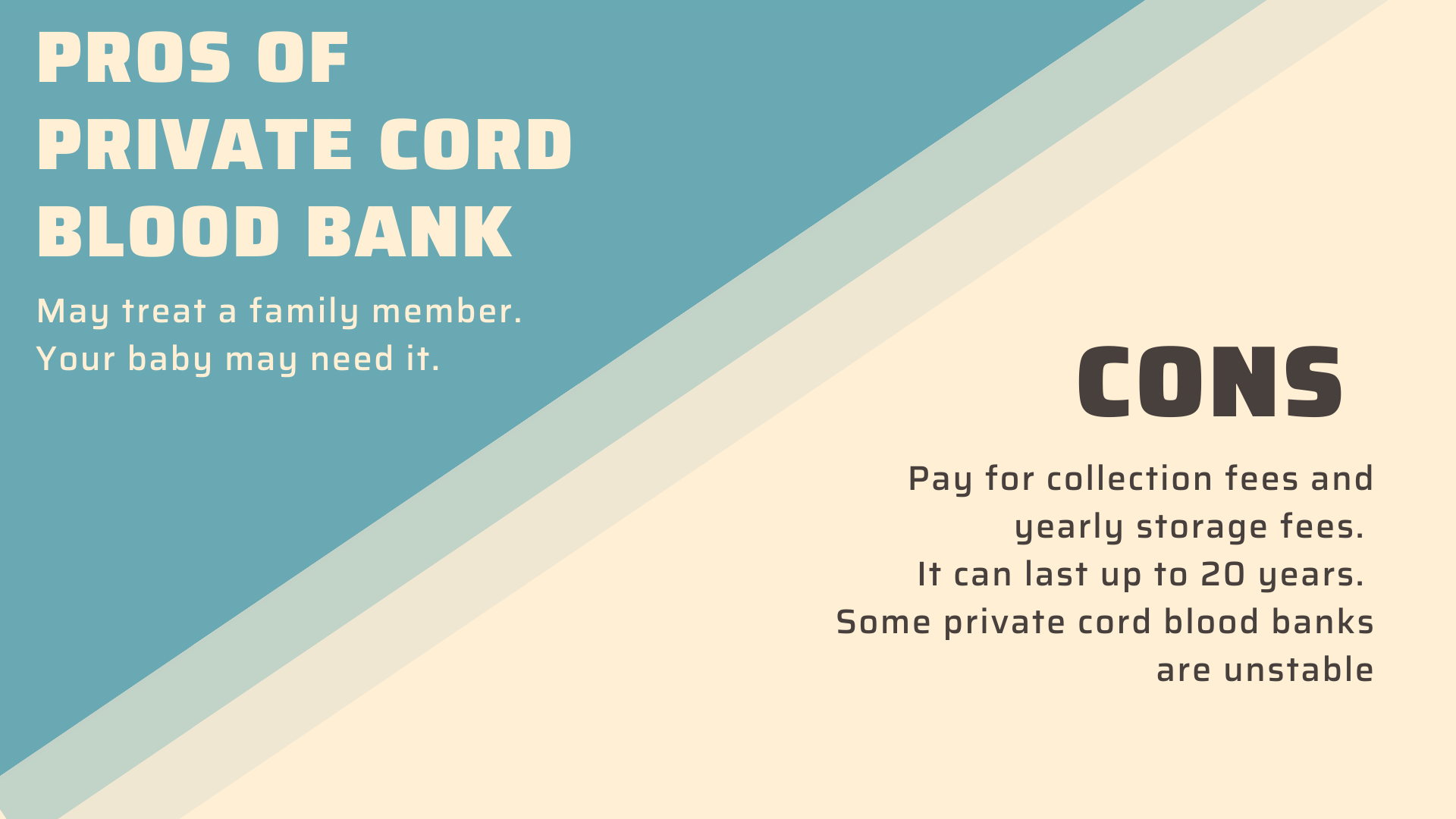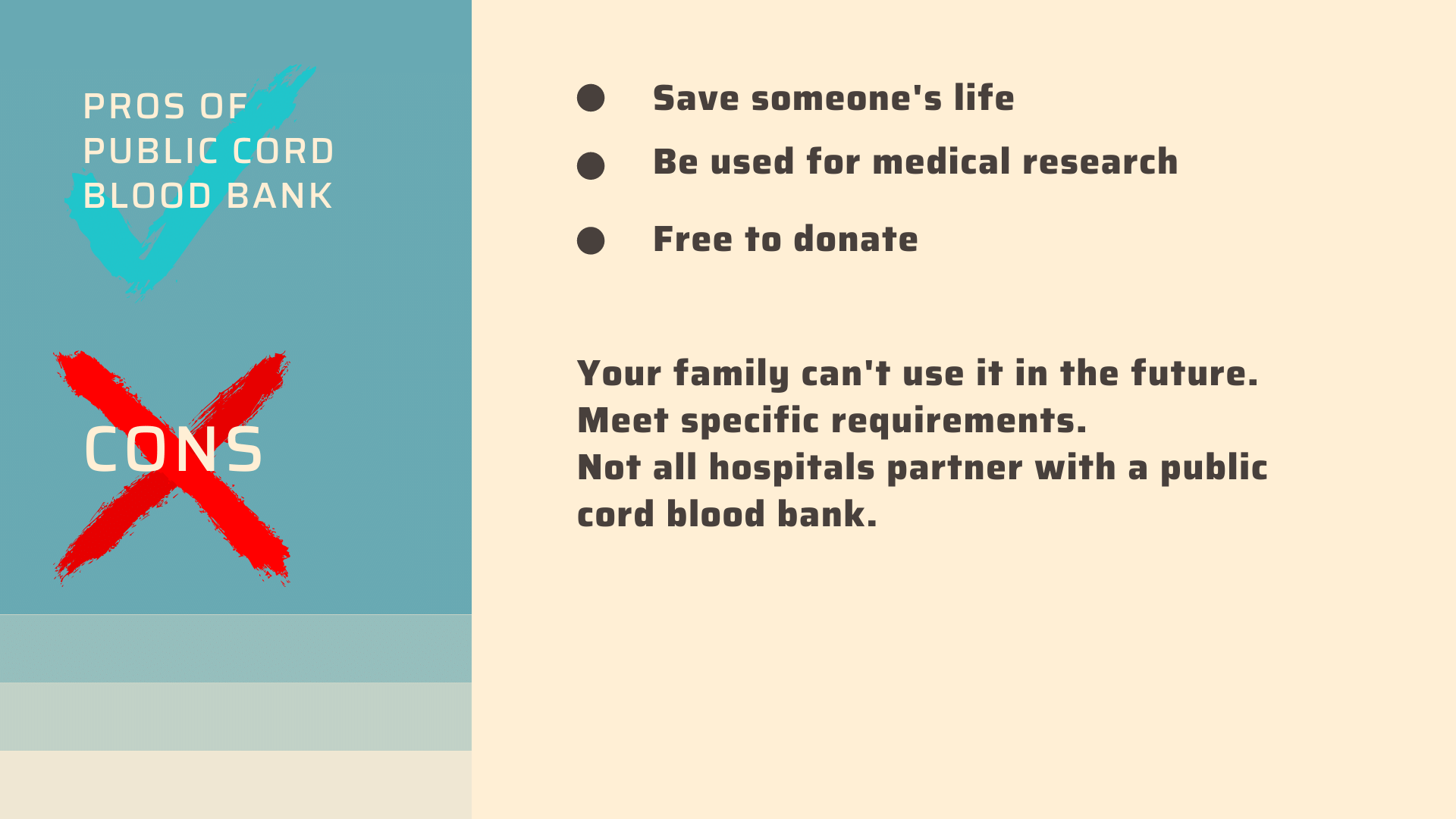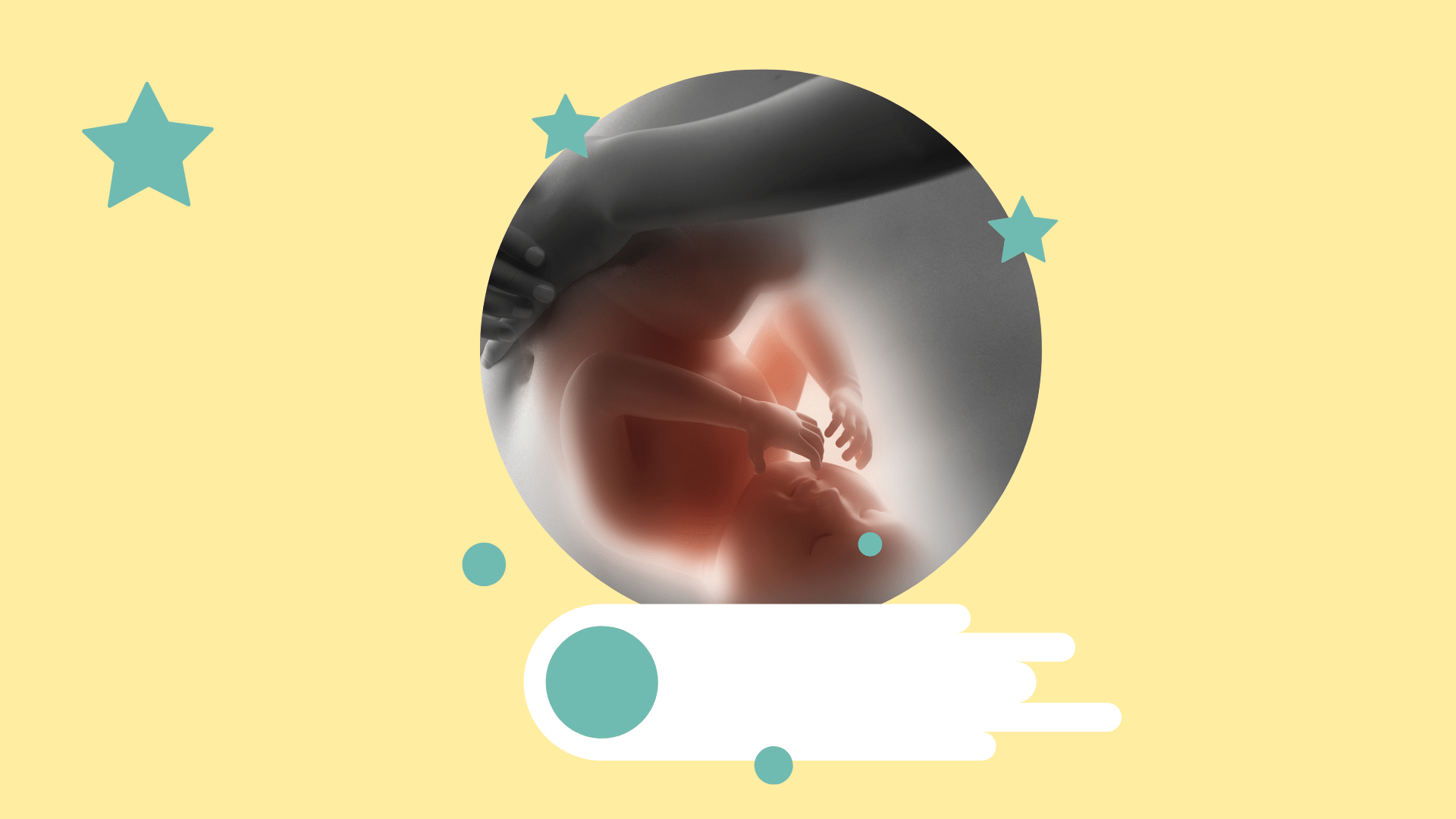Please don’t throw away your child’s umbilical cord. You can donate it and be a hero.
You might not be aware of it, but it could save the lives of many people. Collecting it doesn’t pose any risk to you or your baby. Plus, you’re helping patients in need using the donated cord blood.
You might still be on the fence about cord blood donations. But it is vital for various parts of regenerative medicine.
Are you convinced yet about cord blood donations?
If you are, you should talk to your doctor about storing your baby’s cord blood and the benefits of cord blood banking. But make sure that you consult with your physician more than a week of pregnancy
In this post, I’ll talk about the prerequisites for donating it.
Unfortunately, not all pregnant women who wish to donate cord blood can do so.
With that in mind, let’s dive in.

Who Can Donate Cord Blood?
Here’s the truth.
You can’t just donate just because you want to and wish to help
But before discussing the requirements when donating cord blood, let’s first talk about this fact.
Over 130 million babies are born every year around the world.
72% of parents heard about cord blood banking. (Fatherly)
Unfortunately, these parents are not aware of the full potential of cord blood. That’s why only a small percentage of parents choose to donate after delivering their babies.
In most cases, hospitals discard cord blood.
But children and adults who are facing life-threatening diseases can use cord blood. You are giving a patient hope.
The umbilical cord is a source of stem cells. It can treat various types of blood cancer in children.

Scientists are exploring cord blood stem cells in treating spinal cord injury, heart disease, and Parkinson’s disease, among others.
Read: Can Cord Blood Cure Cancer?
For that reason, scientists and doctors are encouraging pregnant mothers, just like you, to donate their umbilical cords to public cord blood banks.
Because of its potential to save lives when donating to a public cord blood bank, the United States Congress passed the Stem Cell Therapeutic and Research Act of 2005.
Other laws support research and stem cell transplants.
As you can see, cord blood transplant is no longer science fiction.
Stored cord blood units are ready to use. That’s why when you give it, some people who require an urgent transplant can use it. You’ll still be a hero regardless of the transplant outcomes.
But are you eligible for umbilical cord blood donation?

Eligibility requirements before you can donate it to Public Cord Blood Banks
- 18 years old or older
- Pregnant with one baby
- Not related to your baby’s father. For instance, the father is not your first cousin or uncle.
- Not diagnosed with aplastic anemia and other blood disorders.
- Didn’t need RBC transfusion in the last 12 months
- Not infected with hepatitis B or C.
- Not diagnosed with HIV, tuberculosis, or West Nile.
- Not used a needle to administer a drug not prescribed by your doctor.
- Not had sex with someone who used steroids.
- Not in contact with someone who received smallpox vaccine while you were pregnant
- Didn’t undergo chemotherapy
Cord blood banks will also want to know if your baby has known fetal abnormalities.
If you tested positive for syphilis, you can’t donate cord blood.
Essentially, if you’re healthy, you can donate. You must answer the consent form.
Remember that you’re donating cord blood unit to save someone else’s life. You must be free from any disease, so you can’t transfer it to another person.
Still unsure if you’re eligible to donate? You can talk to your doctor early in your pregnancy. You need to decide at least three months before giving birth whether to give away a cord blood unit.
Now, if you’re eligible, the next question is where to go to donate it so people who need a marrow transplant can use it. Your baby’s cord blood may end someone’s suffering.
Let’s find out in the next section.

Where Can You Donate Cord Blood?
Your decision to donate an umbilical cord can save the lives of people who are suffering from a life-threatening condition or looking for a marrow donor.
Okay, so now you’re ready to donate.
But there’s another obstacle you need to face.
Not all hospitals participate in cord blood collections.
That’s why you need to talk to your doctor so he can tell you which delivery hospital partners are affiliate with a cord blood bank.
Check out this list of the delivery hospital partners that accept cord blood donation.

Where to Donate Umbilical Cord Blood to Family Cord Blood Bank?
You, your child, or a compatible family member can use it in case of a stem cell transplant or bone marrow transplantation. Rejection is not a problem when using your own cells.
When you store it in a private company, you will have to pay for the services because it’s not a donation. With the increasing awareness of how beneficial umbilical cord blood is, more and more parents elect to store it with private cord blood banks, instead of using the cord blood donation route.
As you store it with a family bank, you can authorize its release for approved clinical trials. But it’s still subject to regulatory approval.

Many doctors want parents to donate unless they have a child who might need a stem cell transplant.
These doctors would advise against storing privately because parents are unlikely to use it. Furthermore, it costs money.

Private Cord Blood Bank Vs. Public Cord Blood Bank
Advantages of Storing It Privately
- It may treat a family member who needs a stem cell transplant.
- Your baby may need it to treat his/her diseases.
Cons of Using Private Bank
- You will pay for the collection kit and fees that can range from $1,350 to $2,500.
- You also have to pay for yearly storage costs that can go up to $350.
- It can last up to 20 years.
- You need to find another facility if the private cord bank you chose will close.
Read: Will Insurance Cover Cord Blood?

Benefits of donating to a public cord blood bank
- It could save someone’s life.
- Scientists can use it for medical research.
- It’s free to donate.
Cons of Donating Cord Blood
- You’re giving away your right to use it for your family if you need it in the future.
- You must meet specific requirements.
- It’s challenging to find a hospital that partners with a public bank.
When you need to decide whether to donate or store it, look at each option’s pros and cons.
Once you have a decision, you may also consider delayed cord clamping.
It’s the practice of delaying clamping of the umbilical cord after delivery. But the delay doesn’t mean that clamping will only happen after an hour or so.
Conclusion
Deciding to donate is a noble option for mothers. You’re saving someone’s life, even though you don’t know that person.
You’ll be a hero.
Talk to your doctor about the benefits of cord blood storage as well. In that way, you can decide without regretting it later on.

Speak Now ... Or Forever Hold Your Peace